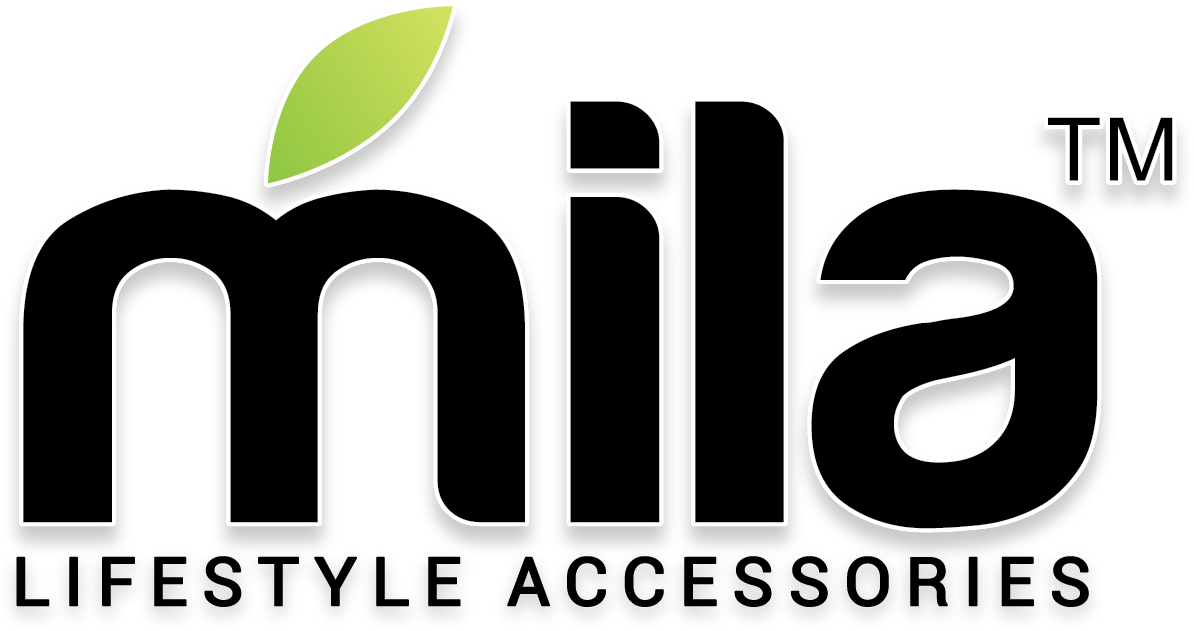While USB-C cables are not new to the tech industry, as the first specifications for them were introduced back in 2014, it is only in the last year or so that the technology has truly caught on. Currently, many devices already utilize USB-C, such as Android smartphones, modern desktops/laptops, and even external battery packs and power adapters. According to Slash Gear, European lawmakers have voted to approve the USB-C as the standardized and universal charger, in a bid to reduce electronic waste and compel manufacturers to adopt this technology for its reversible design and widespread capabilities. This law takes effect as of July 2020, which ensures that the USB-C cable is going to take off this year.
How Does This Impact Apple Products?
With Apple using a proprietary port for its lightning cables, it comes to no surprise that they are against this motion, as they believe that the shift to USB-C only cables will render millions of active devices and their accessories obsolete, as Apple as shipped out billions of devices that utilize their proprietary port. While this is definitely true, we did see Apple make the switch with the iPhone 11 Pro, including a USB-C power supply in the box. The reasoning for this was that it was more “affordable and convenient” for consumers who need to charge a wide range of products. Despite Apple failing to comment beyond its distaste for the new law, they have already shown that they are capable and willing to make the switch to USB-C this coming year for the sake of their consumers.
Will We See MFI Certified Cables From Apple?
The short answer to this is, yes. Apple is going to want to maintain their high-quality accessories and reputation and will undoubtedly create a process for their USB-C cables that require MFI certification. While this won’t make the USB-C cable different than any other that you would find from an online retailer, it would provide Apple’s customers with assurance that their USB-C cable has gone through the rigorous testing and manufacturing that consumers have come to know and associate with Apple products.
What Are The Benefits Behind MFI and USB-C Cables?
The main benefit associated with USB-C cables is that you can charge a lot of difference devices with just one battery pack and one cable. For instance, if you have an iPhone and a Windows laptop, you’d be able to charge both with the one cable, which is fantastic for those who don’t want to lug around multiple cables on trips or while in transit. Beyond this, USB-C cables can now power high-end devices like tablets and modern desktops, even if you cannot find a proper power plug, as they can now reach up to 100W. Now combine the USB-C with MFI certification and you get a cable that is not only universal and can work with both your Apple iPhone and your Windows laptop, but you also get durability, hacker-proof, and fast charging speeds. Plus, there are tons of USB-A to USB-C adapters out there, so you can still use your USB-C cable in environments that are still a long way from adopting this technology (think hotels, cars, airplanes).
Will We See USB-C Cables Combined With Other Cable Types?
Absolutely! For instance, Mila Lifestyle Accessories already has a 10 foot, 2-n-1 Type-C cable combined with a MicroUSB. This type of cable will power newer iPhone and Android models, while keeping the fast speeds associated with Type-C cables. This particular cable gives you a long range, so you are not tethered to the wall, and comes in black, blue, and silver for a bit of flair.



